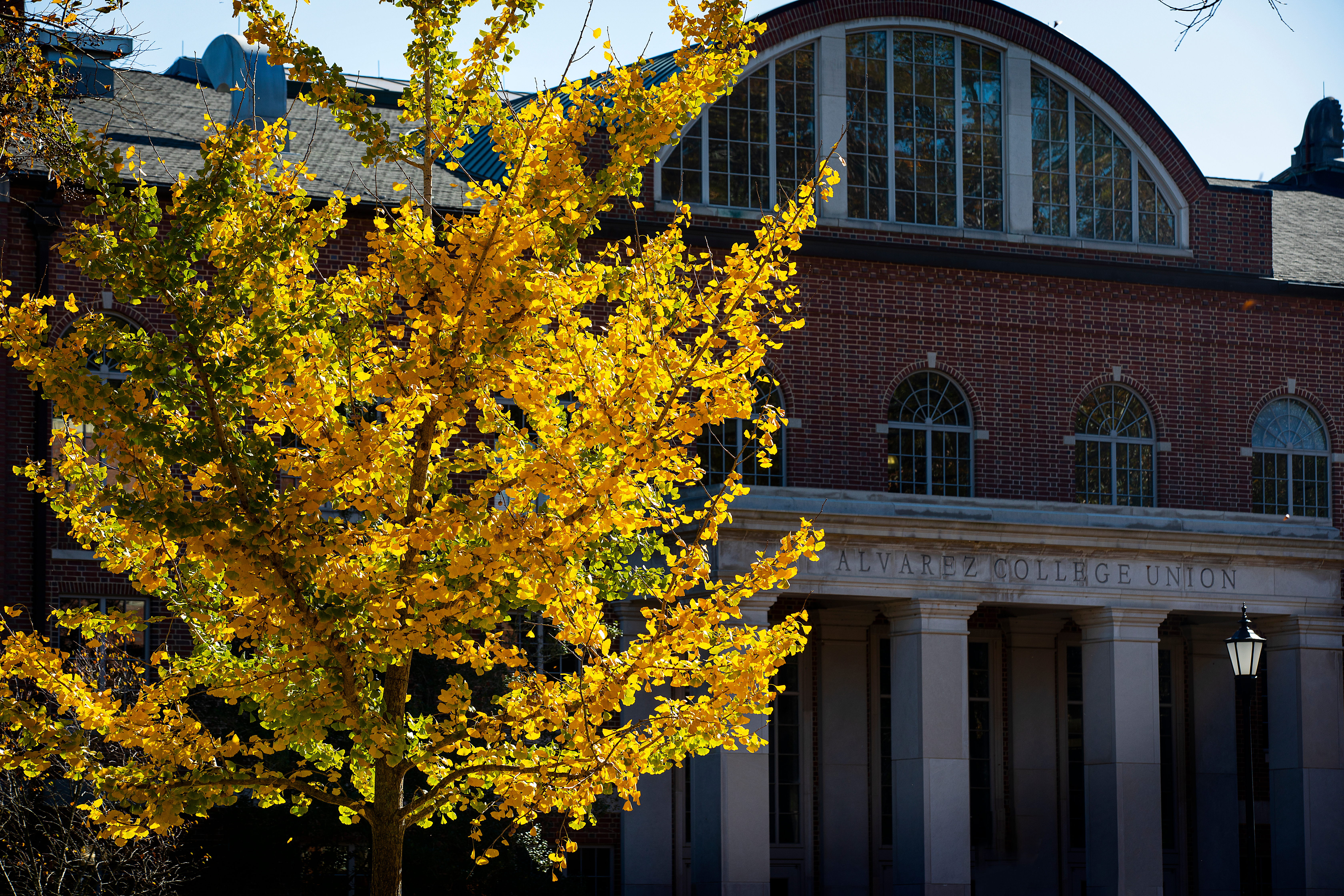Life After Roe: Davidson Prof on Post-Roe Politics in North Carolina and America
June 24, 2022
- Author
- Jay Pfeifer

Davidson College Professor of Political Science Susan Roberts weighs in on the potential political aftershocks of the Supreme Court’s decision to overturn Roe v. Wade.
The Supreme Court’s decision to overturn Roe v. Wade has upended American politics for the time being.
The decision marks an unambiguous victory for the pro-life movement; whose steady, focused strategy has been building to this moment for more than 40 years.
Political Science Professor Susan Roberts has studied the debate over abortion access and teaches a seminar about reproductive politics. Her work has been featured in the Washington Post and she is a contributor to Old North State Politics.
She shared her thoughts on how life in America and North Carolina will change after the Supreme Court’s decision.
So much energy has been focused on overturning Roe for so long. What happens now?
This is indeed a landmark victory for the pro-life movement. The leaked draft of Dobbs (Dobbs v. Jackson) by Politico on May 2 clearly all but guaranteed a body blow to Roe. This opinion will be carefully dissected, but the context speaks to the impact of the decision almost as much as the opinion itself.
Followers of abortion politics in America know that judicial rulings have been herky-jerky. One decision that seems to shore up abortion access is followed by another that circumscribes it. Cases concerning constitutional and unconstitutional regulations on access to abortion reached and were ruled on by the Supreme Court only to re-emerge in another guise to be ruled on again. The long line of court decisions on abortion access offer proof that Roe was never sacrosanct. Recently confirmed Supreme Court Justices Gorsuch, Kavanaugh and Coney Barrett declined to view Roe as a “superprecedent,” a case so well-established that no one would call for its reversal.
Is there anything you think has been overlooked in the history of Roe and access to abortion?
Yes, and I think it stems from a lack of nuanced thinking about abortion access, one that views pro-choice and pro-life as unified blocs. It is not binary. There is a continuum of public opinion that accounts for the timing and the circumstances surrounding access. For example, very few individuals reject all exemptions, such as those for rape, incest or the life of the mother.
Also, the pro-life movement has never been a monolith in its tactics or its emphases. Some groups have advocated against abortion in Biblical terms. Other pro-life activists have couched their opposition in legal terms, such as the right to privacy. The group Personhood Alliance has framed arguments by claiming life begins at fertilization and views “unborn human beings as persons deserving of equal protection and due process under the law.” Whether the concern is with heartbeat legislation or the concept of “personhood,” you can expect an ongoing effort to increase the inventory of restrictions against access to abortion.
Finally, very few people understand that overturning Roe or dramatically curbing it is not the end of the story. Groups such as Americans United for Life have an inventory of pieces of legislation to cement a pro-life culture even in states with trigger laws. These include a Human Cloning Prohibition Act, an Abortion Inducing Information Act, a Pharmacist Freedom of Conscience Act, an Unborn Infant Dignity Act, and a Suicide by Physician Act. These are but a few examples of the efforts to increase the scope of limiting abortion even without Roe.
When the draft opinion was leaked, it pushed the abortion debate back to the top of the political agenda, if only for a couple of weeks. What kind of effect will the official decision have on national politics?
I am unsure the current intensity of pro-choice activism can last until November. Indeed, the leaked Dobbs opinion catapulted access to abortion to the top of the national agenda, but the issue agenda is crowded right now. Gun violence is at the top or near the top of the issue agenda because of the focusing events of Uvalde and Buffalo, especially as these are placed in the long list of instances of mass shootings. However, we know all too well how the gun-control debate curdles into resignation and stagnation. Right now, inflation is on the agenda and that is unlikely to be displaced.
What will North Carolina, with a Democrat governor presiding over a Republican-controlled legislature, look like after this decision?
This case may be the most significant driver about what access to abortion will look like in North Carolina. If the Republicans gain two seats in the Senate or three seats in the House, they can override any veto by Governor Cooper. Midterm elections usually result in losses of the party of the sitting president. Midterms are also seen as referendums on presidential approval and the state of the economy. Taken as a whole, it is very likely Republicans will pick up enough seats to achieve a veto-proof majority. In a statement from the NCGOP after the leaked opinion, the party stressed in no uncertain terms the need to deliver a pro-life majority to the General Assembly in November 2022.
Also, public opinion may drive activism in North Carolina. A recent poll from WRAL found that 45% of respondents felt Roe should not be reversed as opposed to 30% who thought it should. Roughly 25% responded they were unsure. This snapshot of public opinion is no guarantee that its sentiment will be reflected in upcoming legislation in the N.C. General Assembly.
In the short term, North Carolina is currently considered a so-called “safe state” because abortion access has no trigger laws on the books. Any “enclave” status could be short-lived given the high likelihood of Republican gains in both houses. Presently, around 18% of abortions procured are from individuals outside of North Carolina, and I have seen estimates that abortions outside the state could climb as high as 70,000 each year. North Carolina already has a law passed in 1973 prohibiting abortion after 20 weeks, but it has not been enforced because a lower court ruled it unconstitutional under the Roe precedent.
Looking more long-term, North Carolina has a high-profile U.S. Senate race this fall, one that could decide majority control of the Senate. As one might expect, Ted Budd (GOP) and Cheri Beasley (DEM) couldn’t be further apart on the issue of abortion. Budd opposes any access to abortion and frames his argument in religious and personhood terms, citing the constitutional rights of the unborn. Beasley supports abortion access, framing it as a constitutional right. She has stated her support for codifying Roe in Congress. Doubtless, abortion will be front and center in this race.
The Dobbs decision aside, the cultural schisms in the country and questions of access to abortion will continue to pervade politics at the national, state and local levels.



